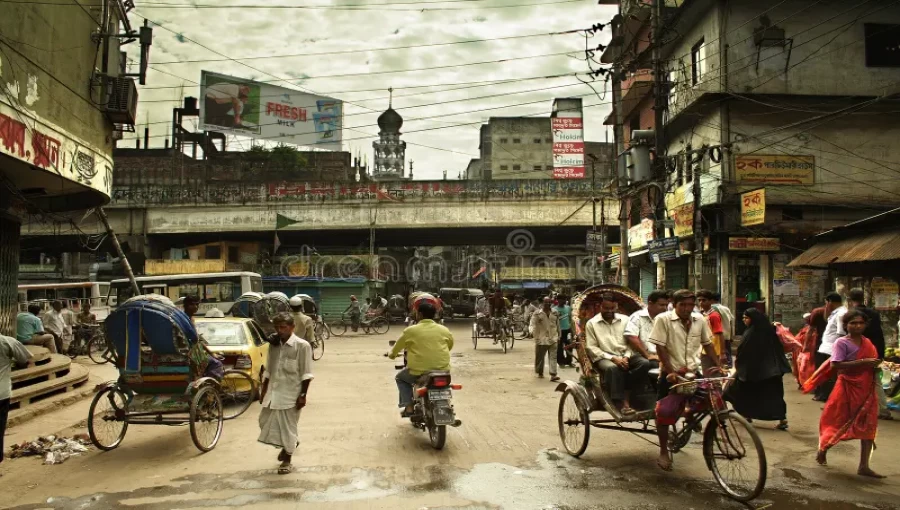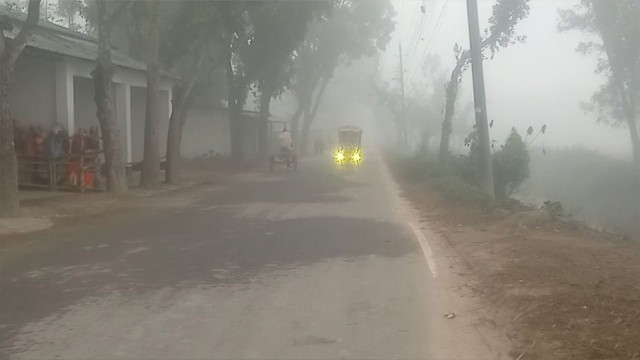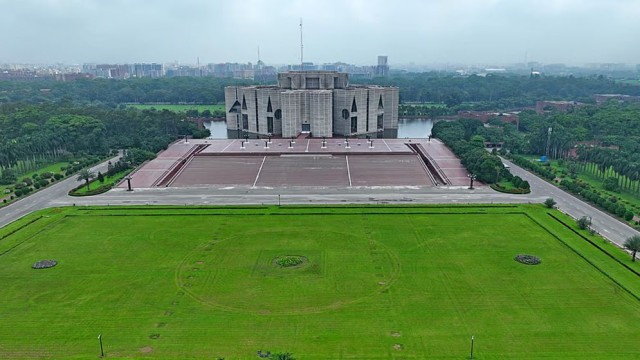Dhaka, Bangladesh, has been reported with an Air Quality Index (AQI) of 59 as of 9 am this morning, placing it 45th among cities worldwide grappling with air quality challenges. The current air quality in Dhaka is classified as 'moderate', offering a relatively better environment for city residents in recent days.
The AQI serves as a vital indicator of daily air quality, guiding individuals on potential health impacts associated with pollution levels. In Dhaka, this index factors in particulate matter (PM10 and PM2.5), NO2, CO, SO2, and ozone concentrations to assess air quality comprehensively.
While Dhaka currently enjoys 'moderate' air quality, the city historically faces more significant challenges during winter when pollution levels tend to worsen due to increased biomass burning. Conversely, air quality often improves during the monsoon season as rainfall helps clear pollutants from the atmosphere.
Globally, cities like Kinshasa in the Democratic Republic of the Congo, Santiago in Chile, and Delhi in India top the list with notably higher AQI scores, reflecting severe pollution levels in these urban centers. Kinshasa, for instance, reported an AQI of 201, categorized as 'very unhealthy' for residents.
According to the World Health Organization (WHO), air pollution remains a critical global health issue, contributing to an estimated seven million deaths annually. Health impacts associated with poor air quality include increased mortality from stroke, heart disease, chronic obstructive pulmonary disease (COPD), lung cancer, and acute respiratory infections.































Comment: